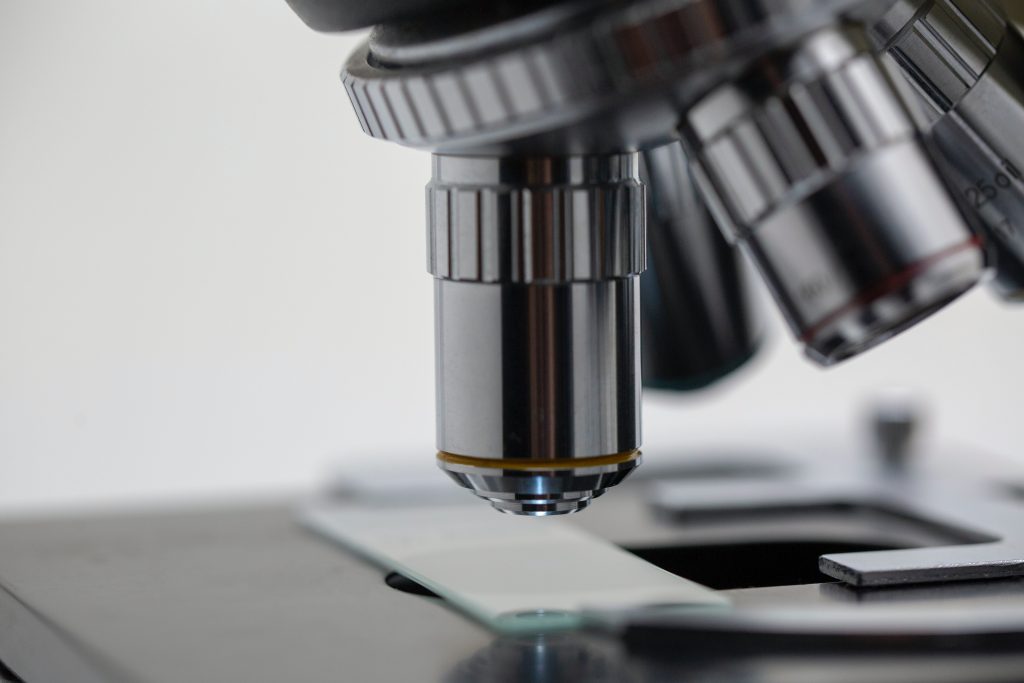Men may have a surprising genetic advantage over women, according to new research carried out at the University of St Andrews.
The study, published today in Proceedings of the Royal Society Series B – Biological Sciences, focused on genes that are present on the X chromosome.
These are carried by individuals of both sexes but with females typically having a double dose.
Traditionally, the over-representation of the X chromosome among females has been thought to lead to it favouring a genetic blueprint that benefits females at the expense of males.
But the St Andrews team have shown that, in many cases, the X chromosome instead sides with males in the battle of the sexes.
The research didn’t specifically focus on human genetics and instead applies to all creatures that exhibit sex differences.

Across the animal kingdom males and females of the same species can differ remarkably in their size, shape, life-history and behaviour.
Males of the blanket octopus, for instance, are barely the size of the female’s eye, and males of the rusty tussock moth grow large ochre wings while females have tiny vestigial ones.
However, despite these striking differences, the two sexes generally share the same genome – the set of genetic instructions that act as a blueprint for building an organism.
This can lead to problems, as the genome that encodes the best male might not be the one that encodes the best female, and any evolutionary advance that better serves the interests of males is likely to come at the expense of females.
This all depends on where in the genome they are found and on aspects of the species’ lifestyles, such as whether mums tend to be younger than dads.
Thomas Hitchcock said: “The average ages of mothers and fathers in the population can also tilt the balance of genes’ interests in favour of one sex. If, as in humans, the average father is older than the average mother, then our model shows that this will lead almost all genes to shift their interests towards what works best for males.”
Professor Andy Gardner, added: “In general, these different parts of the genome will disagree about how best to balance the fitness of females against males.
“This can lead to an interesting intragenomic conflict, where an individual’s own genes can go to war against each other, and the fallout from that is expected to be harmful for both females and males.”

